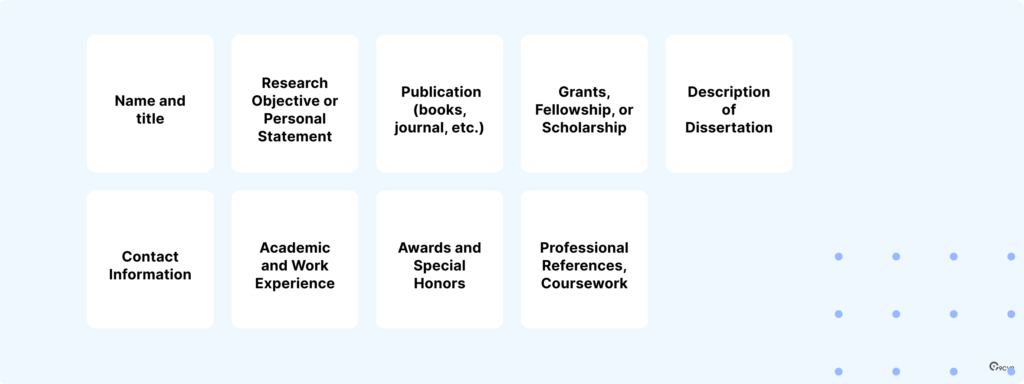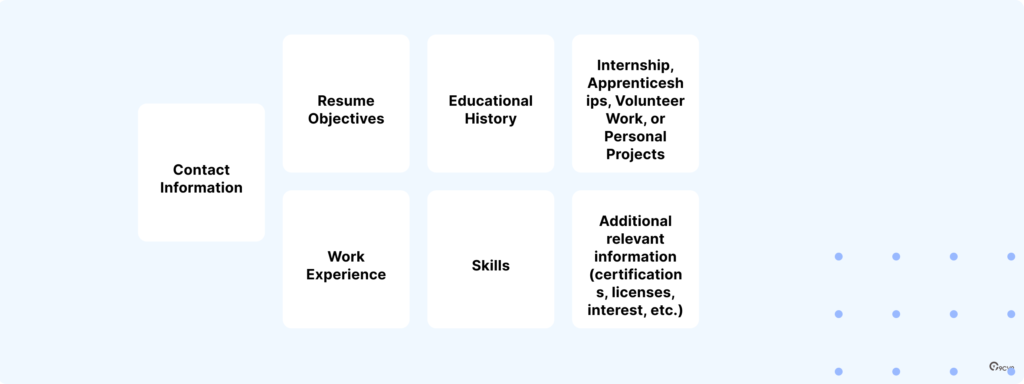The Best CV and Resume Formats to Get Your Dream Job
This article discusses:
Time for job hunting! Are you a fresh graduate? Or maybe just someone who wants to apply for a new job? What should I prepare?
The first thing that you might want to do is to prepare your CV (Curriculum Vitae) and/ Resume. Building your CV and Resume is a very crucial first step for your future in job hunting.
This document is the first thing the hire manager will see. They will judge you based on your CV or Resume on whether you are capable of doing the job offered.
That is why a well-written CV will help you get the job and position you want. So, how can you make a good CV and Resume?
What things should you remember so you can make a good and worthy CV and Resume?
In writing your CV or Resume, there are certain things that you need to know. One of them is to pay attention to the writing format you use.
There are ways to form your CV or Resume in order to make it look like a professional one.
For example, using the right formats on your CV and Resume certainly will make you look professional. It’s really important that you know what format that’ll suit you.
What is CV?

Curriculum Vitae, also known as CV, is a document that consists of your detailed information. CV will provide more comprehensive information about your life and what you have accomplished.
As its name, ‘curriculum vitae’ which means ‘course of life’ from the Latin word, it consists of the summary of your journey in life.
It usually consists of two or more pages (depends on your list of experience) that include more information than a resume. It particularly focuses on your academic and research background.
Therefore, CV will present the full history of your academic credential.
In certain countries, you use a CV to apply for a position in an academic field, such as a fellowship, scholarship, grants and others. But in other countries, CV can also be used to apply for a job.
It depends on what the company asks you to bring. So, when you’re unsure of what kind of document you need to use, it’ll be best for you to ask the company for clarification.
In order to make your CV relevant, you need to update it every time you accomplish something new, especially your accomplishments in academic and professional fields.
What to write on your CV:
- Name and title
- Contact Information
- Research Objective or Personal Statement
- Academic and Work Experience
- Publication (books, journal, etc.)
- Awards and Special Honors
- Grants, Fellowship, or Scholarship
- Professional References, Coursework
- Description of Dissertation
Learn more : Curriculum Vitae (CV): Everything You Need to Know
What CV Formats are there?
There are three (3) common formats of writing your CV.
1. Chronological CV

This format is the most commonly used by many people and is proven to be effective. This format is best to point out your work and educational experience.
By using this format, you need to list every work and education experience in order, starting from your very recent experience.
Chronological CV is usually used if you have constant work experience with fewer gaps amongst them. It would also be good to use this format when you want to apply for a job that is similar to your previous jobs.
That way, you can highlight your experience in the same type of job and proof that you’ll be fit for the job.
2. Functional CV

This format is also known as a skill-based CV, which will emphasize your skill and quality as a person and an employee.
You’ll have to mention every skill you have that is relevant to the job and position you are applying for.
For those who have little work experience or a bigger gap in your career history will be best to use this format.
You’ll have to prioritize in mentioning the information that’s important and relevant to the job you’re applying for.
The hiring manager then will focus on your ability and quality rather than your work history and experience.
3. Combination CV

If you have some experience and few gaps in your career history, the combination format might be the best choice for you.
This format is a combination between chronological and functional format. By using the combination format, you will be able to emphasize your skill and provide your career history in a chronological order.
Combination CV will make your CV become more attractive. The amount of information will give you the impression that you’re more than capable in doing the job you apply for.
What is Resume?

Different from CV, Resume will focus on your skill and capability as a human and an employee.
Another thing that makes a resume different from a CV is their length. Resume usually only consists of 1 page, 2 at most.
Resume comes from the French word ‘Résumé’ which means ‘summary’. You will need to write your experience and everything that will prove your ability in doing the job offered in short and concise.
To make it short, a resume usually will consist of bullet points stating the most important thing in brief and concise.
A good resume is a resume that can capture the attention of the hiring manager even with a short document. Every information you write must be short but also represent your ability and quality.
Since a resume only consists of 1 to 2 pages, you need to decide what information is the most important one to mention. You can leave any irrelevant information out of your resume.
Things that you have to mention in your resume:
- Contact Information
- Resume Objectives
- Work Experience
- Educational History
- Skills
- Internship, Apprenticeships, Volunteer Work, or Personal Projects
- Additional relevant information (certifications, licenses, interest, etc.)
What Resume Formats are there?
In building your Resume, there are four (4) formats that you can use:
1. Chronological Resume

This format is the standard format that hiring managers prefer. Just like chronological CV, this format also emphasizes your work and educational experience.
It also requires you to order your experience from the very recent to the later.
With this format, you may need to eliminate certain information to make space for your experience information.
2. Functional Resume

Functional format highlights your skill and experience rather than your career history.
This format will be best to use for you who have little work experience or bigger gaps in your career history.
For those of you who want to change your career path, it’ll be best for you to use this format. Highlighting your skill rather than your work experience that’ll not be relevant to your next job.
3. Targeted Resume

This format is customizable depending on the demand of the company you applied for. Sometimes, some companies will ask for certain things for you to highlight, whether it’s your skill or your experience.
Looking at this demand is very important in order to impress the hiring manager.
When you use this format, you will need more preparation to build your CV since it has to be conditioned to one company at a time.
This format will be best for you to use if you want to apply for a specific job or position. It will increase your chance to get the job and position you want.
4. Combination Resume

This format is a mix of a chronological and functional format.
Generally, this format will highlight your skills and experience before listing your career history by arranging it in chronological order.
Because a resume will be a short document, you’ll need to eliminate certain information in order to make room for more important information.
Things like your special interest or your volunteer work.
This format is also very flexible. You can choose what information you want to focus on the most.
You should pay attention to what the company is asking for and decide what information you think will be more relevant to the job you’re applying for.
Learn more : What Makes CV Difference from Resume [w/ examples]
Conclusion
In conclusion, building your CV or Resume is very important. To make your CV look presentable and attract the hiring manager, you need to pay attention to several details.
One of the most important things in building your CV or Resume is the format you are using.
There are four (4) common formats that you can use to make a well-written CV and Resume. Chronological, functional, targeted and combination formats are the most common and effective formats that you can use to improve your CV.
Choosing what format is best for you is really important. All of these formats will help you in emphasizing your strength and quality to be considered.
You need to be careful and be well-thought in order to choose any format. Make sure what you need to highlight in order to attract the right people.
















